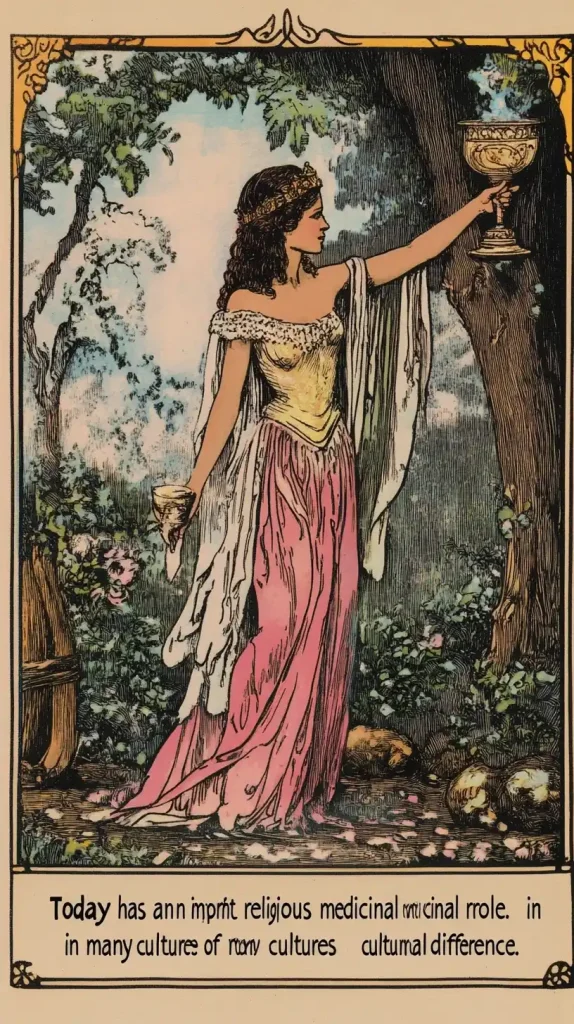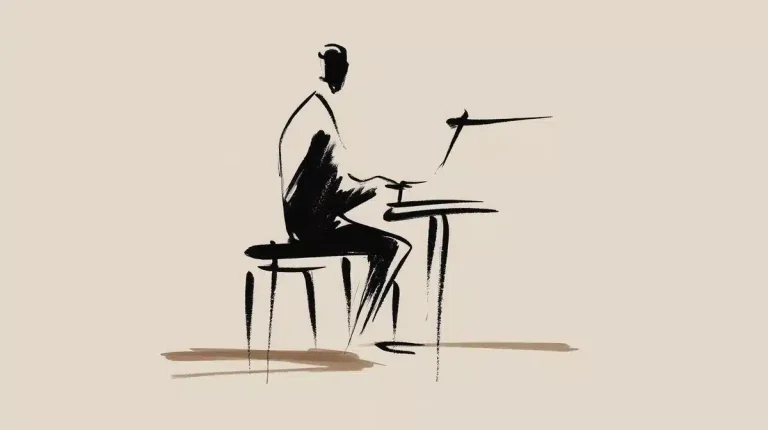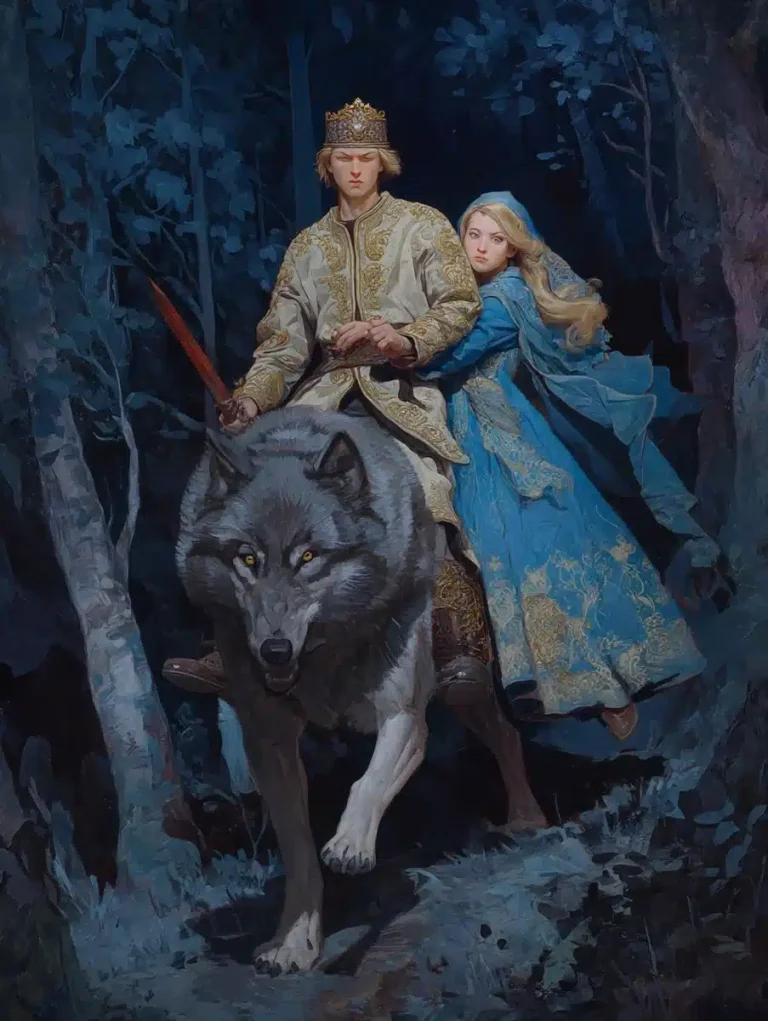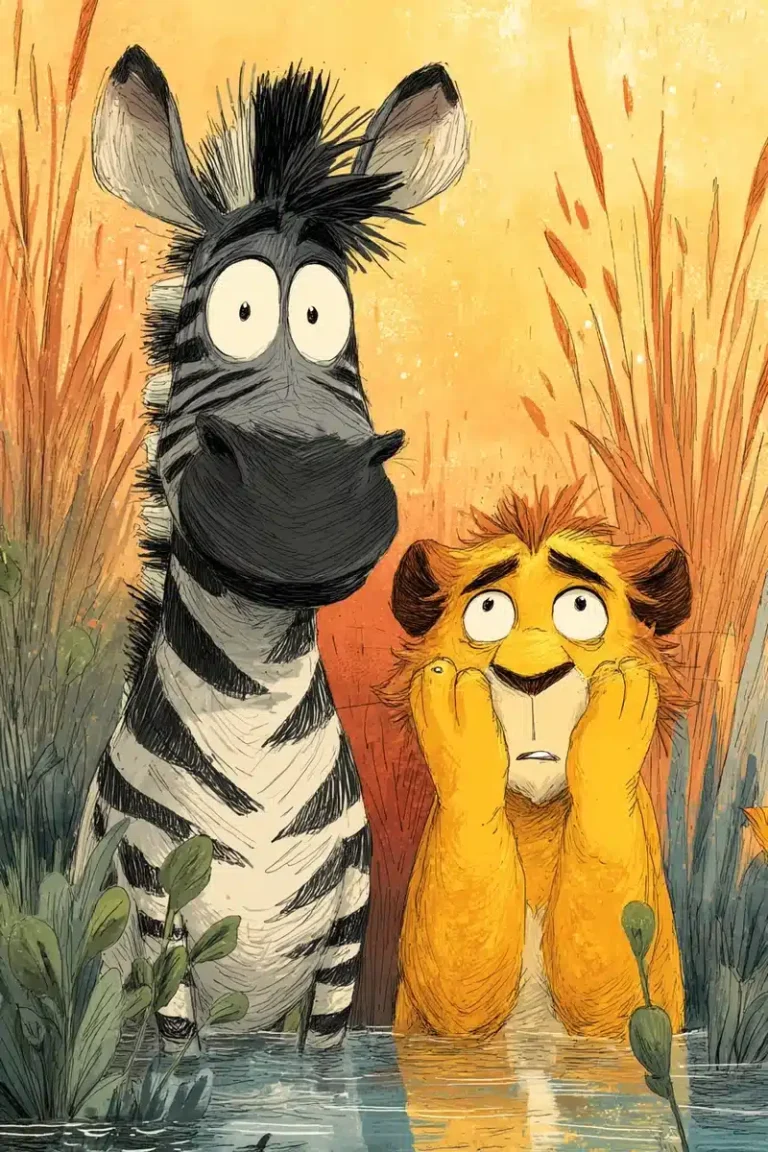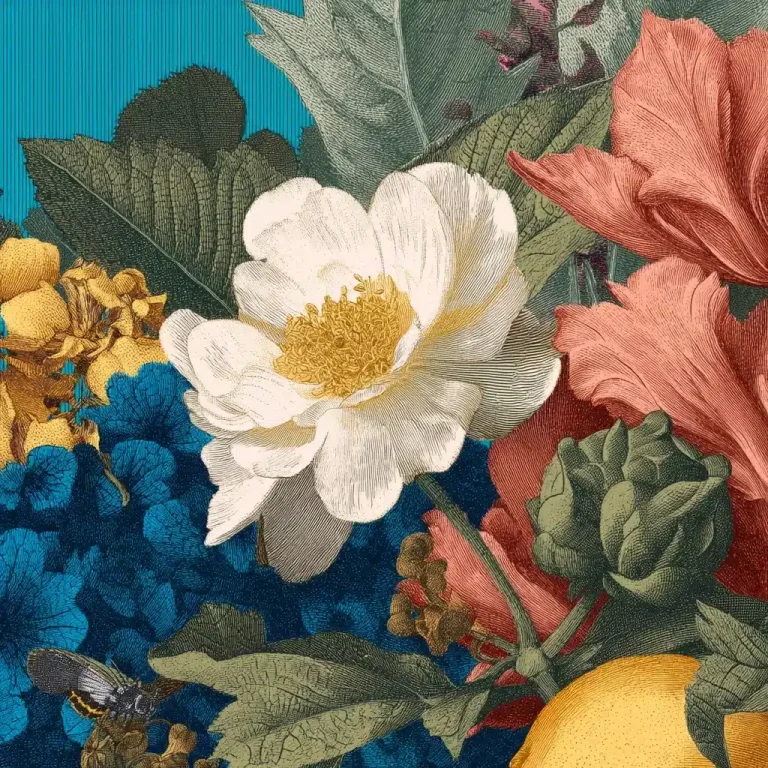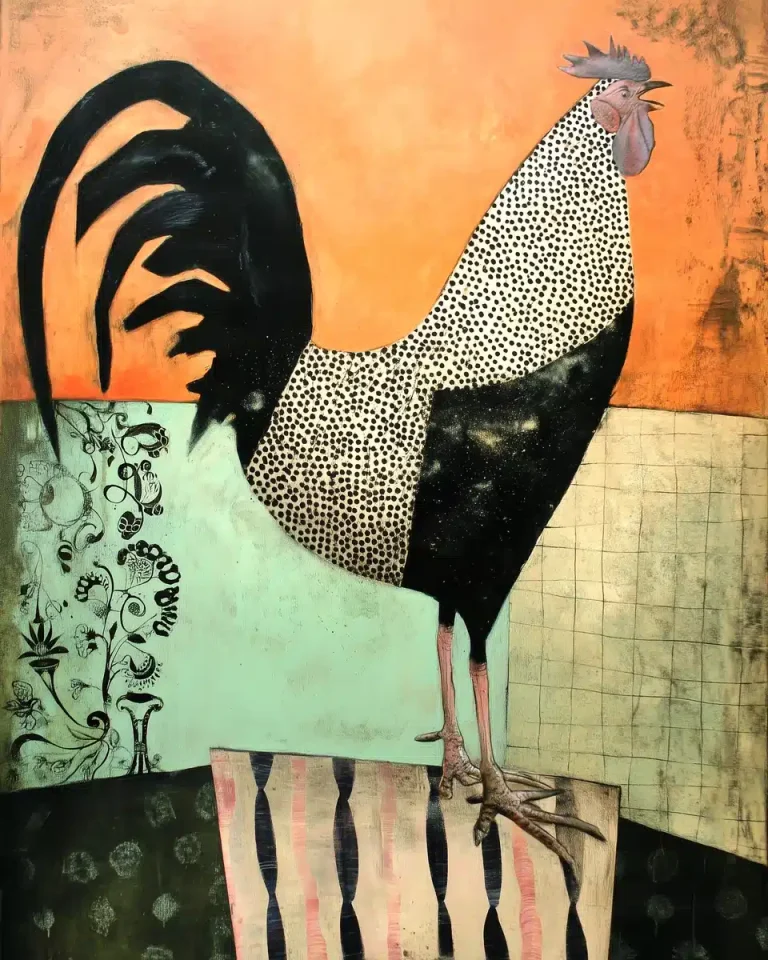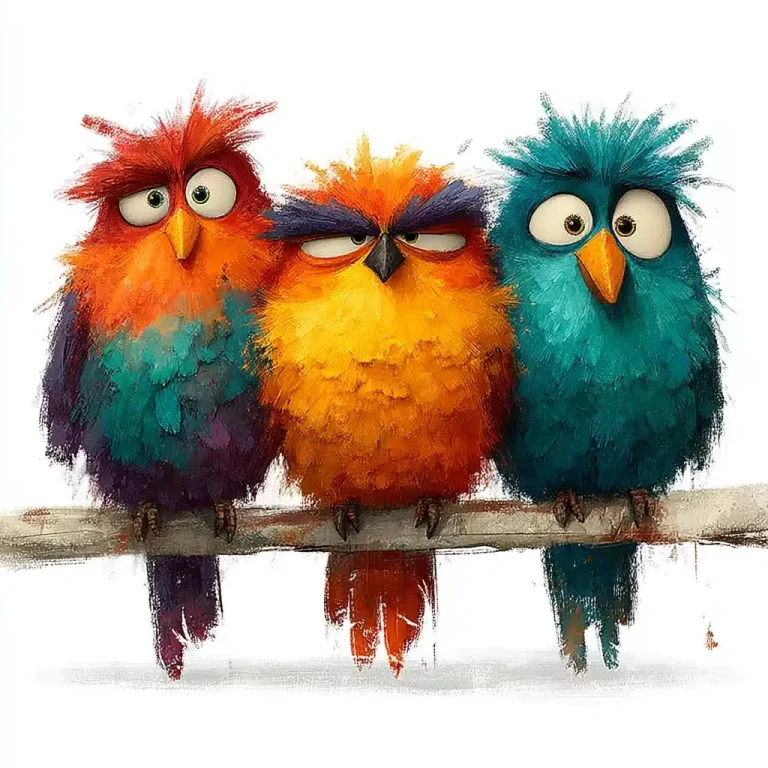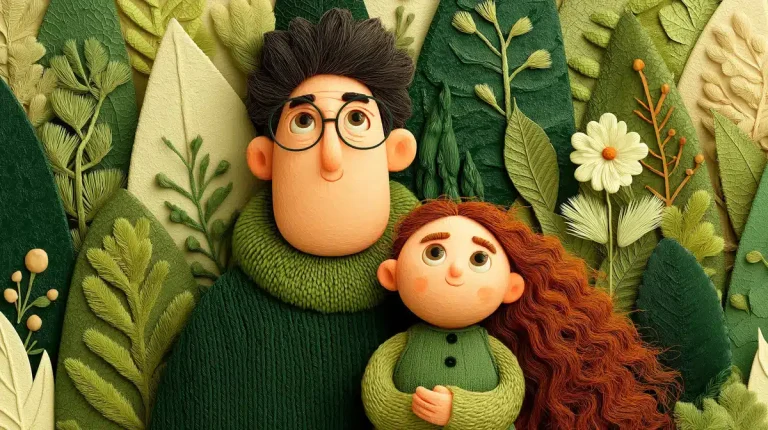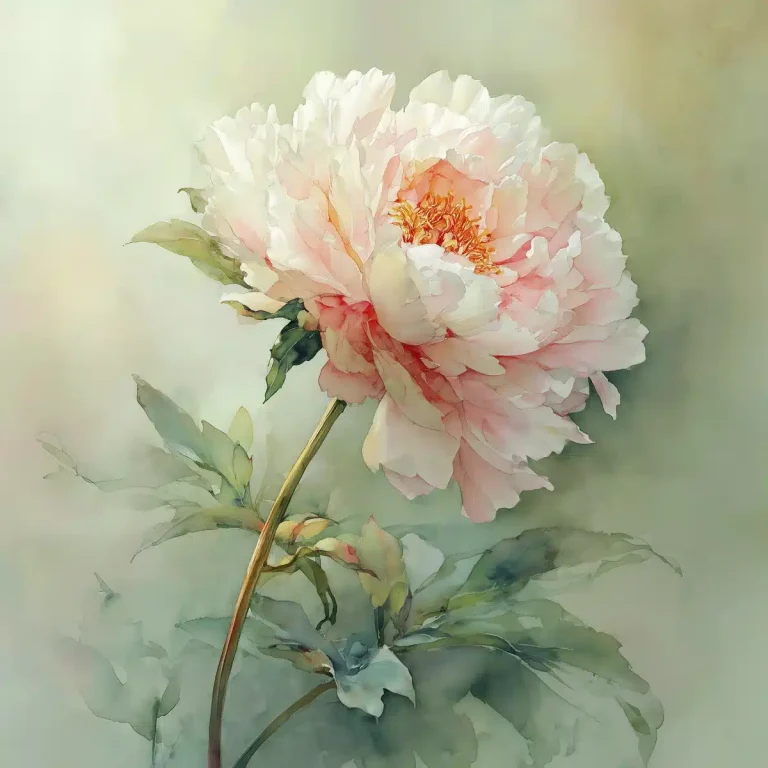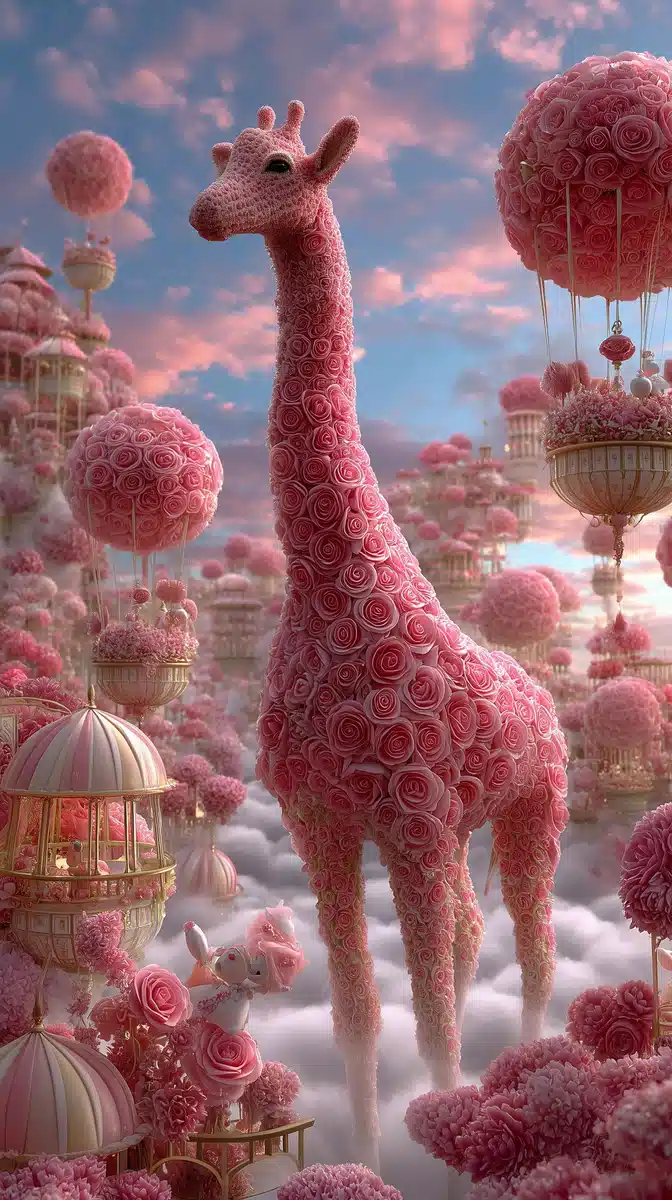Magic is a belief, ritual or practice that is said to manipulate natural or supernatural forces. Typically, magic is categorized separately from both religion and science because of its different beliefs and practices. Ritual wand of the god of magic of ancient Greek mythology Circe, giving the cup to Odysseus People who practice magic are called magicians. Although meanings have varied from positive to negative many times throughout history, magic "today has an important religious and medicinal role in many cultures." In Western European culture, magic is tied to ideas of the other, alien and primitive, suggesting that it is "a powerful marker of cultural difference" and, as such, a non-modern phenomenon. In the late 19th and early 20th centuries, Western intellectuals saw the practice of witchcraft as a sign of a primitive mentality and also usually attributed it to marginal groups of people. In modern occultism and neopagan religions, many self-described witches regularly practice ritual magic. Definition of magic as a technique for creating change in the physical world through the force of one's will. The definition was popularized by Aleister Crowley (1875–1947), an influential British occultist, and has since been adopted by other religions (eg, Leviathan Satanism and Wicca) and magical systems (eg, Chaos Magic). In stories, wizards can cast spells on people, neutralize other spells, and change the shape and appearance of people and objects. In the imaginations of storytellers, wizards usually do this by reading oracles, enlisting the help of supernatural forces, using combinations of objects, or preparing mysterious potions. There are many references to magic and sorcery in ancient texts. In pre-modern Christian Europe, it was believed that witches were in contact with the devil and used his power to harm people and their property. In the middle of the 20th century, it was believed that good and bad witches were at war. The belief that witches are harmful was a common cultural ideology among the people. Belief in witches led to the emergence of witch hunters who are still seen in some tribes, especially in Black Africa, for example in the Bantu tribe. --ar 9:16 --v 6.1
